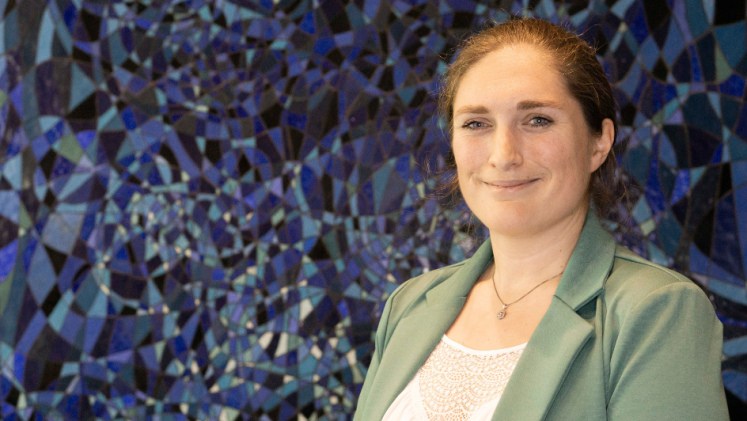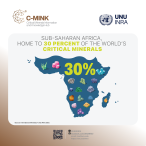The United Nations Framework Convention on Climate Change (UNFCCC) and the United Nations University (UNU) established the UNFCCC – UNU Early Career Climate Fellowship Programme in 2017. This collaborative initiative offers early career professionals from developing countries a unique opportunity to start their career at the interface between international climate policy development and research. The programme is based in Bonn, Germany, and lasts for at least one year with the possibility of an extension up to a maximum of two years in total. It provides assignments at various divisions in UNFCCC and UNU.
In light of the International Day for Women and Girls in Science on 11 February, we sat down with Philippa Schwarzbach-Dobson who coordinates the programme for UNU and asked for her perspective on how it helps advance young women from the Global South in their scientific careers.
Can you explain what the UNFCCC – UNU Early Career Climate Fellowship Programme is and why it was established?
The programme was established after UNFCCC and UNU noticed that early career professionals in the Global South were making strong efforts towards developing their careers. However, relevant work experience is crucial in advancing an international career, especially within internationals institutions, such as the UN. The programme was created to provide a unique early career opportunity. Priority is given especially to women from the least developed countries, to provide opportunities for hand-on experiences in an international setting.
Could you describe what a day in the life of a fellow looks like?
I would say there is no typical day, due to the programme being very diverse. Part of its beauty is that there are no set job descriptions. It all depends on the people, their interests, and their potential. This is then looked at against the needs of the organization, resulting in every fellow having a different working area. A fellow spends three months with UNU in Bonn where they can undertake a variety of work, from supporting a research project to working on a publication with a senior researcher or supporting new project proposals. Additionally, 21 months are spent at UNFCCC, where the focus lies on policy. This period is highly diverse as well. Based on their interest, a fellow could be asked to help with the preparation and implementation of important events such as COP, write technical reports or analyses, support in the organization of stakeholder events, et cetera.
What qualifications are you looking for in potential fellows?
What we ask for is an academic degree on Master’s level, and a strong interest in this research-policy interface, as well as a powerful motivation on why they wish to contribute to efforts on fighting climate change. General soft skills like communication and organization skills are also important, but motivation is key. Prior work experience is not needed.
What happens after completing the programme?
Currently, the first cohort of fellows has completed the programme. Some fellows decided to apply for other opportunities with the UN and continue their UN journey, whereas others have moved on to work with universities or in international organizations like the Green Climate Fund and the International Finance Corporation. Lastly, there are fellows that return home to pass on their knowledge and educate the next generations.
What would your advice to potential future fellows be?
Future fellows need to be clear on what motivates them and translate that into their aspiration and vision. We have seen that people from the Global South seem to think that a fellowship is not for them, or that they may not have a chance of being selected.
On the contrary, these are exactly the individuals who we love to see benefiting from a fellowship! Therefore, my main advice is: if in doubt, just apply. Often people automatically assume they would need international experience or education in the Global North to have a chance or give them an “edge”. Nothing could be further from the truth: this is an opportunity for those of the Global South, especially women, with no or limited working experience. It is our privilege to contribute to the advancement of their careers through this programme.





